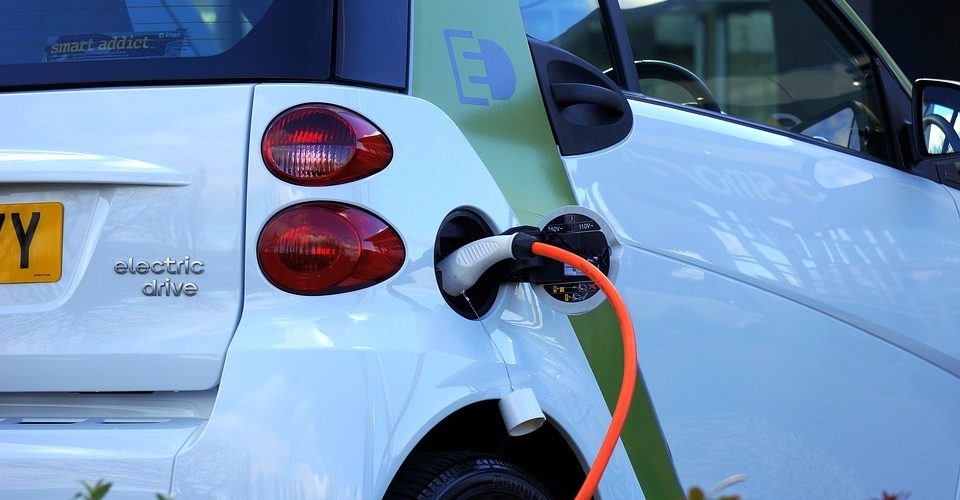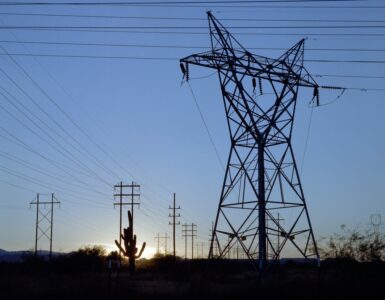Electric vehicles are gaining acceptance across the United States.
While the United States’ transportation system currently relies mostly on oil, the uncertainty of oil supply and oil price volatility is driving the industry towards alternative fuels such as propane, natural gas, electricity or hydrogen.
“As the cost of the electric vehicles decreases and the charging infrastructure increases, more people are discovering the benefits of [electric vehicles],” David Salguero, marketing manager for Lucid Motors, an automotive company that focuses on electric vehicles, said. “In addition to being more environmentally friendly, they are smoother, more responsive, and lower maintenance than their internal combustion counterparts.”
The Southwest Energy Efficiency Project reports that in a moderate scenario, greater plug-in electric vehicle use in Arizona could create a cumulative net benefit of $3.7 billion by 2050, in a high scenario the benefit could exceed $31 billion.
Since electric vehicle use is getting cheaper, governments are combatting the emerging risks of relying on oil by creating incentives for using alternative fuel vehicles (AFV).
Individuals in Arizona receive incentives for driving electric vehicles including parking in carpool spots, using the HOV lane during carpool hours, and receiving tax exemptions.
“Arizonans want to embrace electric vehicles, but lack of charging infrastructure for the new vehicles is a hurdle to adoption,” Marc Romito, Director of Customer Technology at Arizona Public Service (APS) said in a statement.
But the infrastructure issue is being addressed. Last year the Arizona Corporation Commission passed an electric vehicle policy that allows investor-owned utility companies to develop new rates and pilot programs that support electric vehicle growth and ensures that utility companies can recover the prudent costs of developing charging stations.
According to the Commission, this policy will send a signal to electric vehicle manufacturers to locate to Arizona.
Which we are starting to see with Lucid Motors officially investing $1 billion towards their Casa Grande factory in Sept. 2018.
“The business climate, infrastructure, proximity by airplane to Silicon Valley, and the automotive supply chain in the Arizona-Sonora region make Arizona a great place to locate a business like ours,” Salguero said.
Ronn Motor Group (RMG), a Scottsdale-based automaker, is also getting into the electric vehicle industry by creating an electric-hydrogen vehicle.
“Combining these two zero-emission technologies into one, RMG’s all Electric-Hydrogen fuel-cell vehicles will achieve an estimated 600+ mile driving range on a single charge and full tank. This allows for less stress and more freedom to do what you do,” RMG said.
But RMG wants to take it further, according to the company “the journey from fossil fuel to zero-emission sustainable energy has already begun with [electric vehicles] setting the stage.”
However, RMG said there is limited infrastructure for electric vehicles, which is why creating a hybrid that also uses hydrogen will provide the bridge to future, truly sustainable zero-emission cars.
According to the U.S. Department of Energy, there are at least 25 plug-in electric vehicle models available in the country and more than 600,000 plug-in vehicles have been sold. Edison Electric Institute predicts there will be seven million electric cars on U.S. roads by 2025.
















Add comment